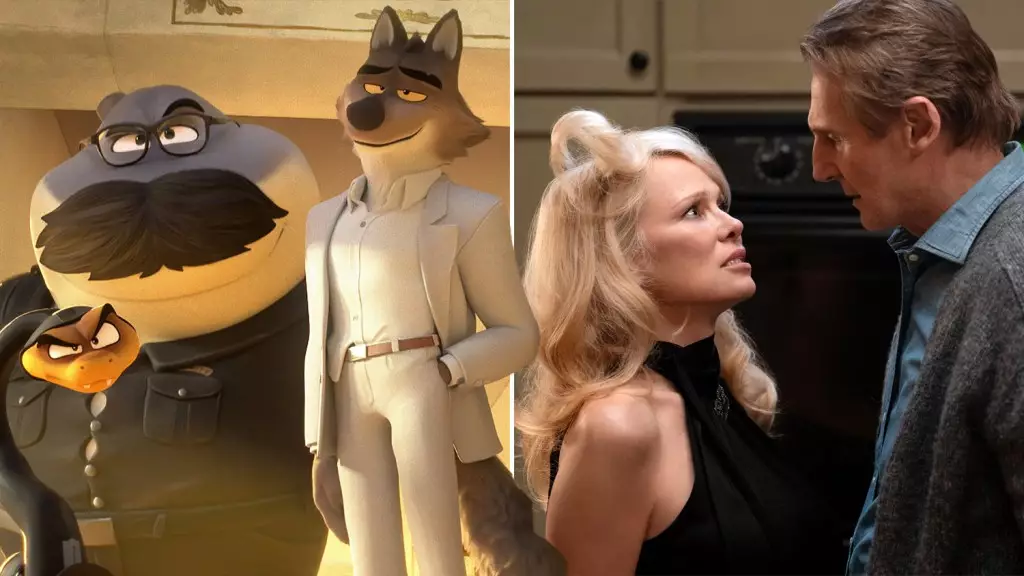Despite optimistic headlines whispering about a post-COVID recovery in cinema, the truth is far more nuanced. Recent openings such as “The Bad Guys 2” and “The Naked Gun” reboot reveal a struggling industry tempted by false hope. While “The Bad Guys 2” managed a modest $2.25 million from Thursday previews—outpacing its predecessor’s debut—its projection of $20 million remains precarious in a landscape where audiences are less engaged and studios are desperately vying for relevance. The assumption that a sequel with a slightly higher production budget and decent critic scores (85%) will inherently succeed ignores the reality that ticket sales are diminishing, and family-friendly franchises are no longer guaranteed box office gold. Hollywood’s overconfidence is writ large as it keeps churning out sequels and remakes, often with little regard for audience fatigue or shifting consumer interests.
An Overreliance on Nostalgia and Franchises
The attempt to revive classics like “The Naked Gun” and the Marvel “First Steps” film exemplifies Hollywood’s obsession with feeding on nostalgia. Paramount’s reboot of “The Naked Gun” scored only $1.6 million on its opening night, a stark reflection of how fragile these efforts are when divorced from genuine cultural relevance. Even with high critic approval—such as Rotten Tomatoes scores reaching 90%—these films are struggling to draw audiences into theaters. The sustained decline of franchise performance, with “The Fantastic Four” experiencing a 61% drop in its second weekend, underscores that audiences are not simply returning for the brand but for authenticity and compelling storytelling. Studios seem blind to the fact that blockbuster fatigue, competition from streaming platforms, and changing consumer habits have fundamentally reshaped the market.
The Myth of Big Budgets Guarantee Success
Hollywood is operating under a perilous misconception that high production costs correlate directly with box office returns. “The Bad Guys 2” cost $10 million more than its predecessor, yet its financial prospects remain uncertain. Meanwhile, “Together,” a romantic horror with a modest $16 million budget, is already behind “Midsommar” in its opening metrics, despite garnering better critic and audience scores. The industry’s fixation on spending lavishly to emulate past successes overlooks the stark truth that even bolstered budgets cannot compensate for a lack of genuine audience connection. This reliance on spectacle over substance means studios are more vulnerable to disappointing returns, risking a paradigm where movie-making becomes a high-stakes gamble rather than an art form with sustainable commercial value.
Why This Is an Industry Wake-Up Call
What these failures reveal is a crucial misunderstanding at the core of Hollywood’s strategy: audiences are tired of recycled formulas and superficial storytelling. The film industry’s obsession with franchises and reboot culture is a defensive mechanism that ultimately undermines genuine creativity. The hope that big-name stars, hefty budgets, and familiar IP will perpetually guarantee success is flawed. Instead, studios should recognize that the future lies in authentic storytelling, targeted marketing, and respecting the evolving tastes of a fragmented audience. The current trajectory signals a reckoning—a shift away from overproduction and toward quality, relevance, and cultural resonance. Unless Hollywood fundamentally re-evaluates its approach, it risks a long-term decline, not because the audience isn’t there, but because the industry refuses to listen.

